6 GPTs for Automation Workflows Powered by AI for Free of 2025
AI GPTs (Generative Pre-trained Transformers) for Automation Workflows are advanced tools designed to optimize and automate various tasks within a workflow using artificial intelligence. These tools leverage the power of GPTs to understand, interpret, and execute tasks that traditionally required human intervention, thus significantly improving efficiency and productivity. They are particularly relevant in scenarios where repetitive or complex tasks can be automated, allowing for tailored solutions that meet specific needs within different domains. The use of GPTs in automation workflows represents a fusion of AI's natural language understanding capabilities with process automation, enabling businesses and individuals to streamline operations in a more intelligent and flexible manner.
Top 6 GPTs for Automation Workflows are: Git GPT,Ansible Guru,Airtable Co-Pilot,API Integration Wizard,Technical Integration,Chatbot Architect
Git GPT
Empowering Your GitHub Journey with AI
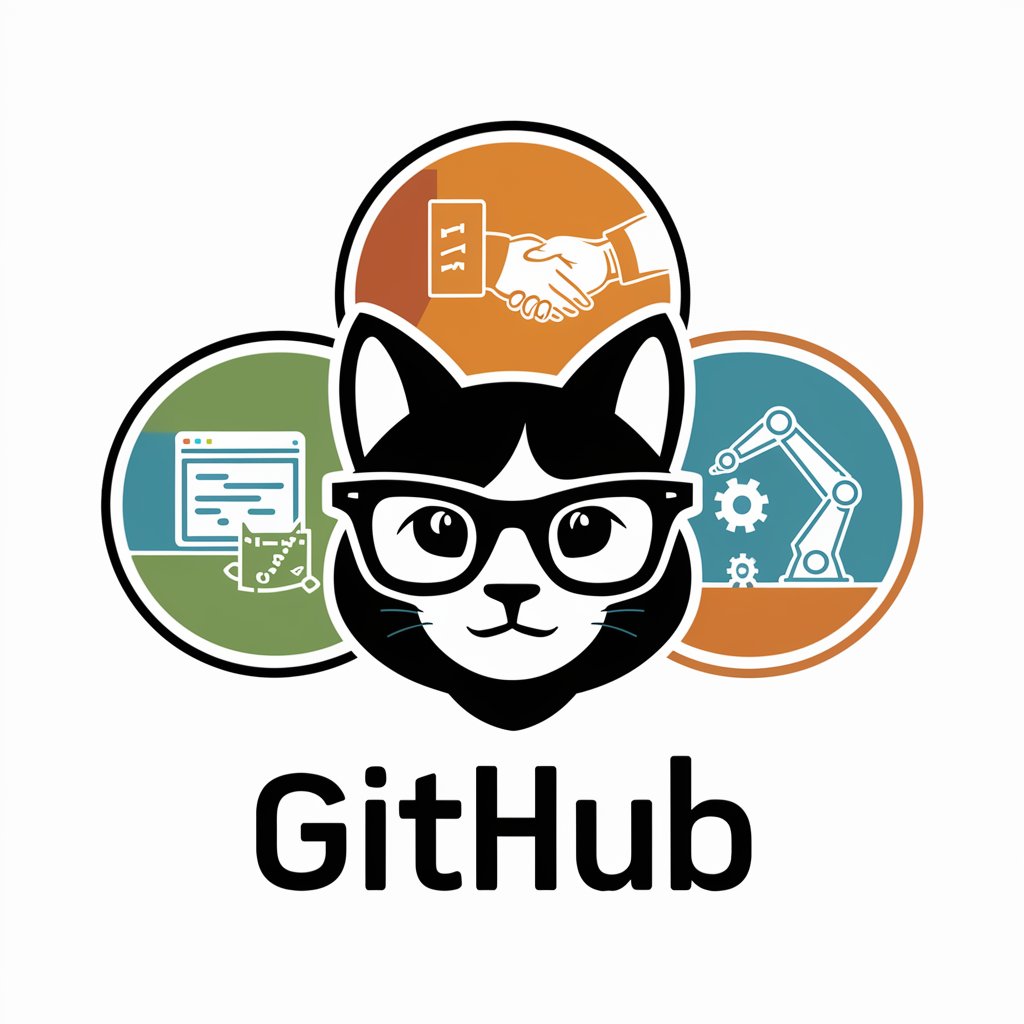
Ansible Guru
Streamlining Ansible with AI Expertise
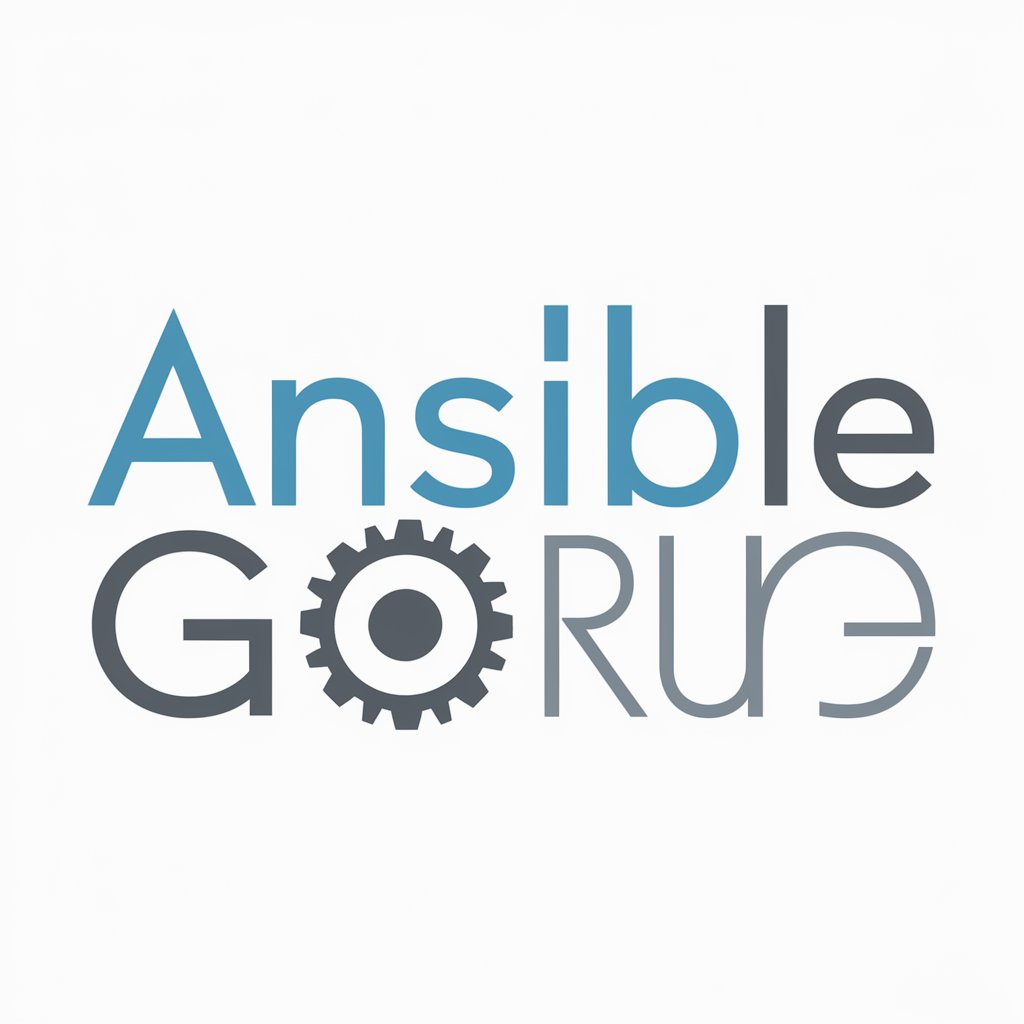
Airtable Co-Pilot
Empowering Airtable with AI
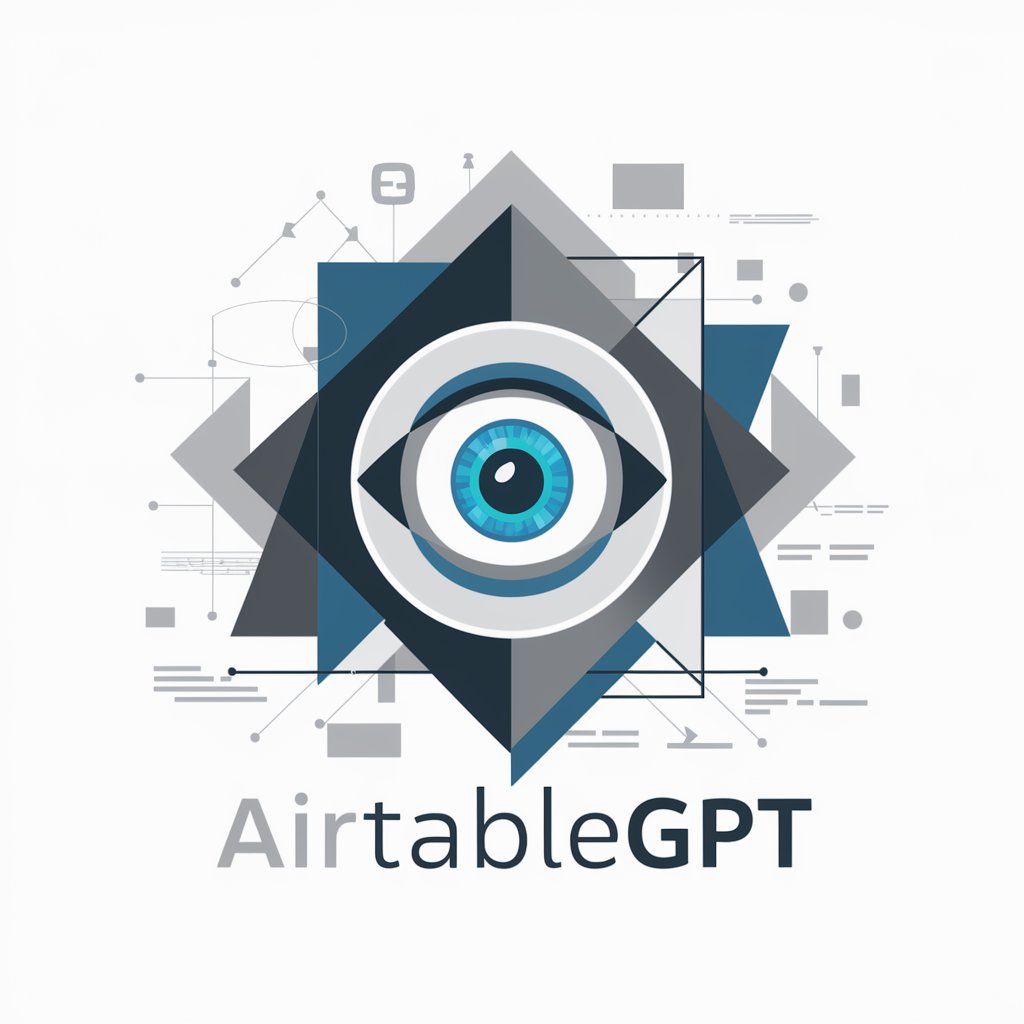
API Integration Wizard
Empowering AI with API Connectivity
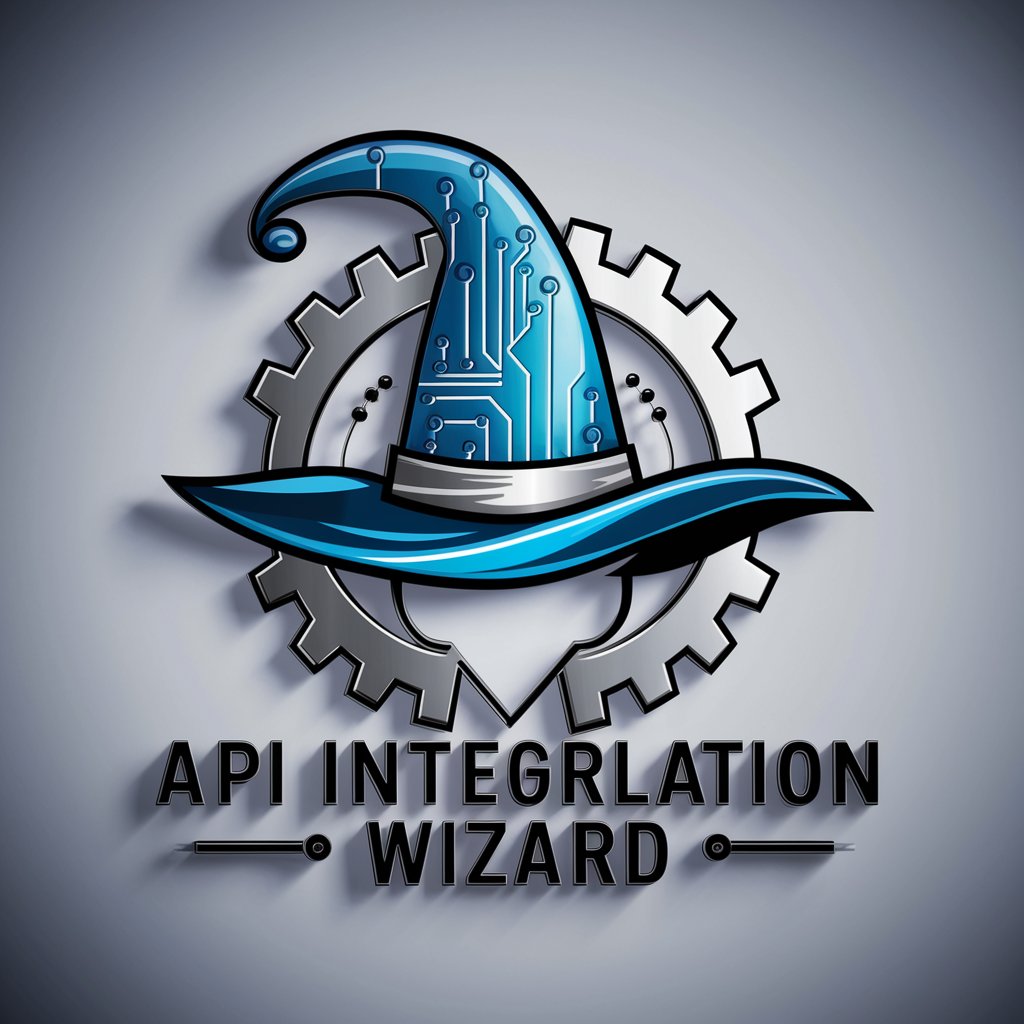
Technical Integration
Empowering seamless system connections with AI
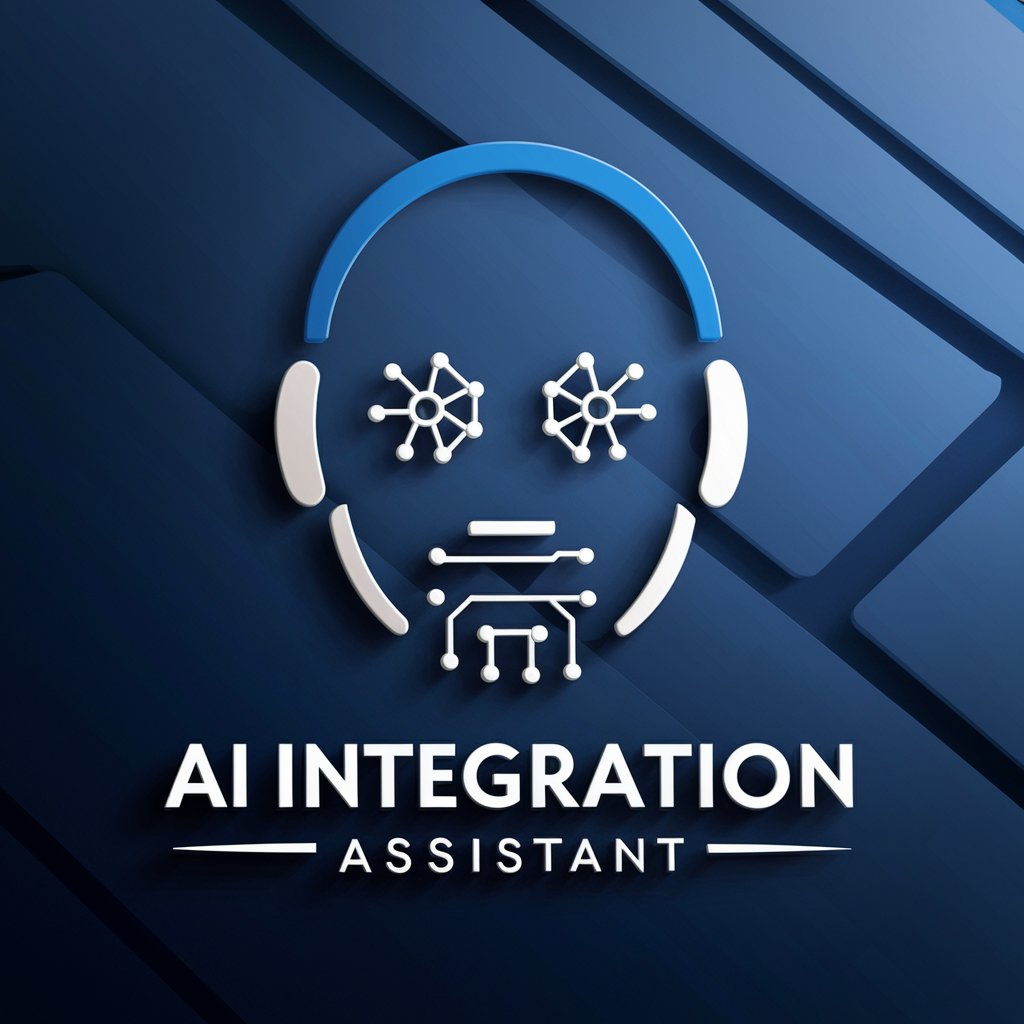
Chatbot Architect
Build Smarter Chatbots with AI
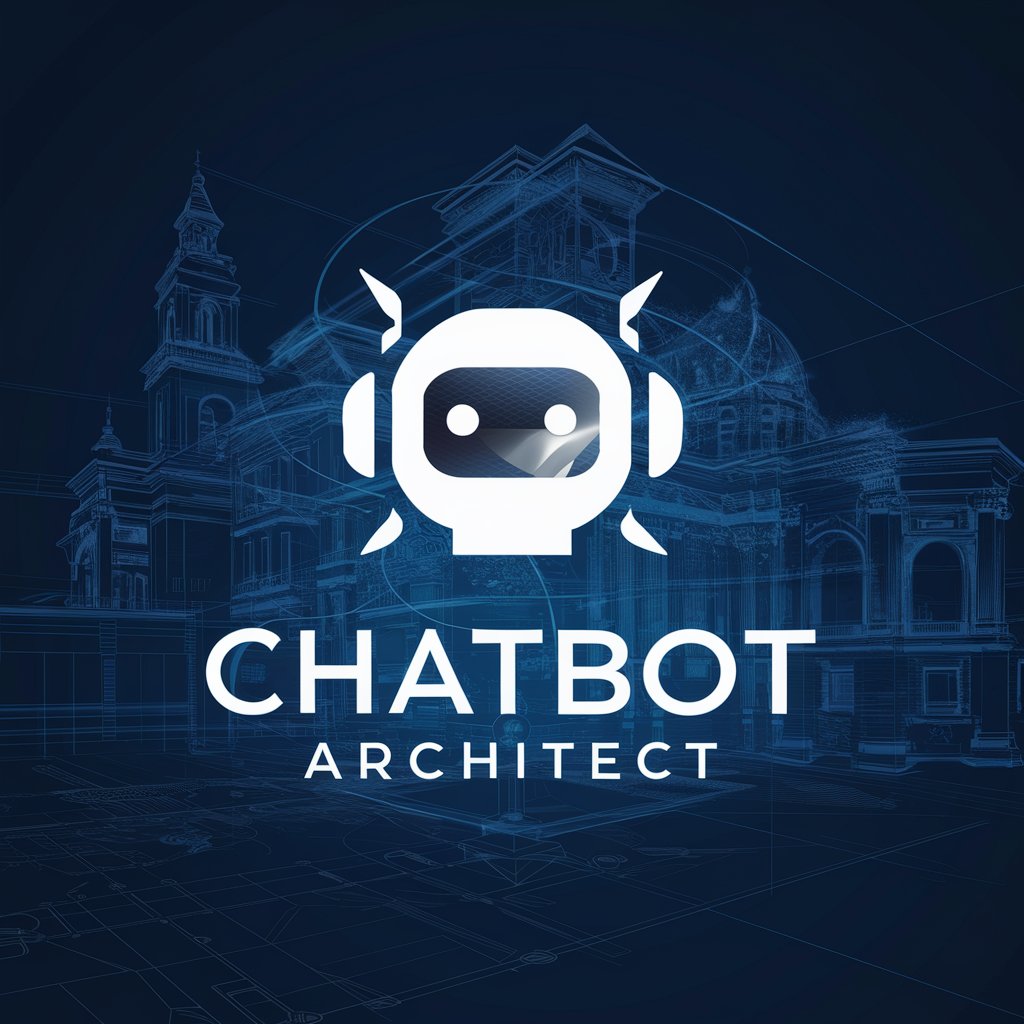
Key Characteristics and Capabilities
AI GPTs tools for Automation Workflows stand out due to their adaptability, allowing for customization from simple task automation to handling complex workflow sequences. Key features include advanced language learning for understanding and executing commands in natural language, technical support for troubleshooting and optimization, web searching capabilities for gathering and processing information, image creation for visual task automation, and sophisticated data analysis for insightful decision-making. These tools can seamlessly integrate into existing systems, learn from interactions to improve over time, and offer scalable solutions to accommodate growing business needs.
Who Benefits from AI GPTs in Automation?
The primary beneficiaries of AI GPTs for Automation Workflows include novices seeking to automate daily tasks without coding skills, developers looking for powerful tools to build and optimize complex workflows, and professionals across various fields aiming to enhance productivity and decision-making. These tools offer intuitive interfaces for easy access by non-coders, while also providing extensive customization options and programming interfaces for those with technical expertise, making them versatile for a wide range of users.
Try Our other AI GPTs tools for Free
Documentation Enhancement
Explore AI GPTs for Documentation Enhancement: revolutionizing documentation with AI-driven precision, efficiency, and adaptability for all industries.
Lecture Summarization
Discover how AI GPTs for Lecture Summarization can revolutionize learning by providing quick, accurate summaries of lectures, making key points accessible to students and professionals alike.
Sewing Education
Explore AI-powered Sewing Education tools designed to enhance your learning experience. From beginners to professionals, discover tailored solutions for every sewing need.
Costume Crafting
Discover how AI GPTs are revolutionizing costume crafting, offering tailored design solutions, creative inspiration, and technical assistance for crafters at all levels.
Trend Adaptation
Discover how AI GPTs for Trend Adaptation harness real-time data to provide tailored insights and content, revolutionizing trend analysis and engagement.
Remote Brainstorming
Discover how AI GPTs for Remote Brainstorming can revolutionize your creative process, offering tailored, efficient, and collaborative idea generation from anywhere.
Broader Applications and Integration Potential
AI GPTs for Automation Workflows offer a wide range of applications across different sectors, from enhancing operational efficiency in businesses to streamlining administrative tasks in healthcare and education. Their user-friendly interfaces make them accessible to a broad audience, while their integration capabilities allow for the enhancement of existing systems with intelligent automation features. These tools not only automate tasks but also provide insights and suggestions, contributing to more informed decision-making and strategic planning.
Frequently Asked Questions
What are AI GPTs for Automation Workflows?
AI GPTs for Automation Workflows are AI-driven tools that automate and optimize tasks within workflows, using the capabilities of Generative Pre-trained Transformers to perform a wide range of functions with high efficiency and adaptability.
How do these tools differ from traditional automation software?
Unlike traditional automation software that relies on predefined rules and limited functionalities, AI GPTs tools leverage advanced AI to understand and execute tasks based on natural language inputs, offering greater flexibility, adaptability, and intelligence in automating complex workflows.
Can non-technical users utilize these AI GPTs effectively?
Yes, these tools are designed with user-friendly interfaces that allow non-technical users to easily automate tasks without needing to write code, making advanced automation accessible to everyone.
Are there customization options for developers?
Absolutely. Developers can access extensive customization options and programming interfaces, enabling them to tailor the tools for specific tasks or integrate them into larger systems and workflows.
What types of tasks can be automated with AI GPTs?
AI GPTs can automate a wide range of tasks, from simple data entry and information retrieval to complex decision-making processes and workflow optimizations, across various industries.
How do AI GPTs learn and improve over time?
These tools utilize machine learning to analyze interactions and outcomes, continuously learning and adapting to improve performance and efficiency in automating tasks.
Can AI GPTs integrate with existing systems?
Yes, one of the key advantages of AI GPTs is their ability to seamlessly integrate with existing systems and workflows, enhancing automation capabilities without the need for significant overhauls.
What are the limitations of AI GPTs in Automation Workflows?
While highly versatile, AI GPTs may have limitations in understanding highly specialized or domain-specific tasks without sufficient training data, and their effectiveness can vary based on the complexity of the workflow and the clarity of the task instructions.